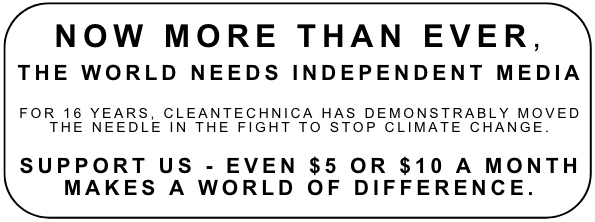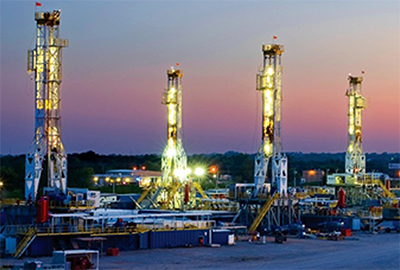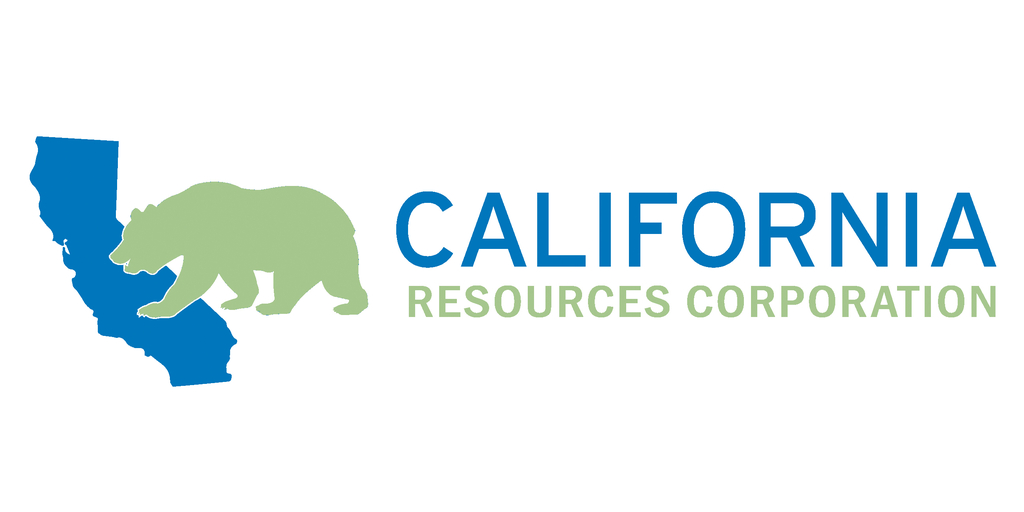
Sign up for daily news updates from CleanTechnica on email. Or follow us on Google News!
The recent US elections garnered a great amount of attention and perhaps generated even more “feelings.” It’s obvious to everyone what the results were. What is less clear, or much less, is what will unfold in the coming months and years.
Of course, there are many opinions. Some come from one party and others from an opposing party — they appear to constitute a polarity. Between the poles, left vs. right, Republican vs. Democrat, there may be a tremendous emotional charge. Multiple perspectives are frequently forgotten when there is an active binary or polarized situation. Because of the lack of multiple perspectives, it seemed like a good time to reach out to Interfaith Power & Light (IPL). The non-profit organization published a blog post with some information about what might be coming in terms of climate policy.
Bill Bradlee, Senior Organizing Director and Affiliate Liaison at IPL, answered some questions for CleanTechnica. And IPL Federal Policy Manager Madison Mayhew answered the Farm Bill question.
For those of us who are not familiar with your organization’s work, can you please explain what you do and why it is important?
Interfaith Power & Light (IPL) is a national organization that inspires and mobilizes people of faith and conscience to take bold and just action on climate change. IPL works in all 50 states and U.S. territories with a broad national network of state- and regional-level affiliates.
People of faith across the country are on the forefront of the advocacy and action for a better climate future. They are deeply connected to their communities, and see first hand the serious and harmful impact that extreme weather, water and air pollution, and severe storms directly tied to our warming climate are having on their neighbors. Our work, bringing people together across faith tradition or spiritual practice, strengthens our advocacy and creates real impact in the work to address the climate crisis.
For more information please visit www.interfaith power and light.org.
What is the Advanced Clean Trucks (ACT) program and what is the latest status. Is it going to be kept active?
Transportation is the largest source of climate pollution in the U.S. The pollution is also very damaging directly to human health, especially the fine particles of diesel soot from trucks. Heavy-duty vehicles (box trucks, 18 wheelers, etc.) make up a small percentage of vehicles on our roads, but contribute a large amount of climate- and health-harming pollution. The pollution also disproportionately impacts low-income communities because those communities are often situated beside highways, near ports and near other trucking centers.
The Advanced Clean Trucks (ACT) standard was developed to address the devastating consequences of diesel pollution, a significant source of climate and health-harming emissions, by requiring manufacturers to phase in minimum targets for zero-emission truck delivery through 2035. It would reduce pollution – about 2 billion metric tons of climate pollution if we went 100% electric by 2045. It would also significantly reduce oil consumption.
ACT was first adopted in California, and other states can choose to adopt and implement it; so far, 11 states have adopted it and several others are in the process of adopting it or considering it. Concerningly, there is a recent industry push to delay implementation of the rule. This effort, if successful, impacts all of our work on cleaner vehicles.
It seems clear that the incoming administration will try to remove states’ ability to reduce air pollution. This pollution both causes climate change and damages human health. When Congress passed clean air legislation in 1967, it allowed California, with its exceptionally bad air pollution, to set even stricter vehicle pollution standards than the EPA. Other states may follow California’s standard. The new administration can create a lot of chaos, but ultimately our understanding is that it will be up to the courts to decide if they can throw out decades of precedent and reverse states’ rights to address the pollution in their communities.
It would be a terrible injustice if ACT is somehow rolled back. ACT will make a real difference for people who are especially vulnerable to pollution and those people who live close to highways and other places where air pollution is concentrated. It will make a difference in how rapidly the entire world moves to cleaner transportation.
In the fall, the Supreme Court made a ruling about power plant carbon dioxide emissions. Can you explain what that means, why it matters, and what to expect going forward? What role did the faith community play in finalizing the rule?
In October, the Supreme Court voted to leave in place an EPA rule that will limit carbon pollution from power plants. The EPA rule was the first of its kind to limit carbon pollution from existing coal-fired power plants, new gas-fired power plants, and a subset of existing gas-fired power plants.
There is another lawsuit against the EPA power plant rule, so this decision is simply to allow the ruling to stay in place for now while the other lawsuit is heard by the DC Circuit Court. While IPL strongly supports this ruling from the Supreme Court, what really matters is if the DC Circuit Court rules for or against the EPA rule to limit carbon pollution from power plants. And, regardless of that ruling, under the Trump administration, the EPA will likely look to weaken or eliminate the rule altogether.
When the rule was passed, IPL’s Rev. Susan Hendershot said, “We celebrate today’s announcement and thank the EPA for finalizing these power plant standards, which is an important step towards caring for our communities and protecting our Sacred Earth.” Similarly, IPL feels that weakening or eliminating this common sense rule would be a massive step backward and an abdication of our moral responsibility to care for our neighbor and those who come after us.
IPL and the faith community played a large role in supporting the passage of this rule. We organized to get thousands of comments into the EPA in support of the rule. People of faith and faith leaders testified at public hearings and spoke at public forums in support of the rule. We invested thousands of volunteer hours to support a positive step in the right direction for cleaner air and a safe climate.
Hurricane Helene caused a lot of devastation. Is there a Disaster Relief Package coming soon in the form of additional FEMA funding? For the prevention of more devastating hurricanes, do both Democrats and Republicans recognize climate change caused by humans played a role in the hurricane severity, or is that not talked about openly?
IPL is a 501c3 organization, so we do advocate on issues, but not for or against candidates. We believe that climate change is a moral issue and not a left or right issue. The people that we reach out to — people of all faith traditions and even people who are spiritual and not necessarily religious — have a role to play in talking with their elected officials regardless of which party they may belong to.
From our post-hurricanes statement: As an organization dedicated to living into our calling to protect our Sacred Earth and all of its inhabitants, we are greatly concerned by the increasing frequency and intensity of extreme weather events. The science is clear linking climate change from fossil fuel pollution to these unnatural disasters, and if we do not act, we can anticipate worse to come. We must act urgently to transition away from the use of fossil fuels, to pass climate policies that prioritize communities that have been disproportionately burdened, and to elect leaders who will commit to taking bold action for a better future for our children, grandchildren, and all who come after us.
Is the Farm Bill the largest federal conservation investment, and if so, how much is invested? What does it cover in terms of conservation? What is the current bill’s status?
The federal Farm Bill, renewed every five years, holds profound implications for millions of individuals across the United States. This comprehensive legislation touches on numerous facets of agriculture, ranging from sustainable farming practices including protecting soil health and water conservation, to nutrition assistance programs and rural development initiatives. The total amount of conservation funding in the overall package amounts to roughly seven percent and covers programs that help farmers implement natural resource conservation on working lands like croplands and pastures.
The 2018 Farm Bill expired last year, which was met with a one-year funding extension through 2024. The deadline for that one-year extension is passing once again, with the likelihood of another one-year extension through 2025, presenting an opportunity to build a robust Farm Bill with strong conservation funding.

Chip in a few dollars a month to help support independent cleantech coverage that helps to accelerate the cleantech revolution!
Have a tip for CleanTechnica? Want to advertise? Want to suggest a guest for our CleanTech Talk podcast? Contact us here.
Sign up for our daily newsletter for 15 new cleantech stories a day. Or sign up for our weekly one if daily is too frequent.
CleanTechnica uses affiliate links. See our policy here.
CleanTechnica’s Comment Policy




